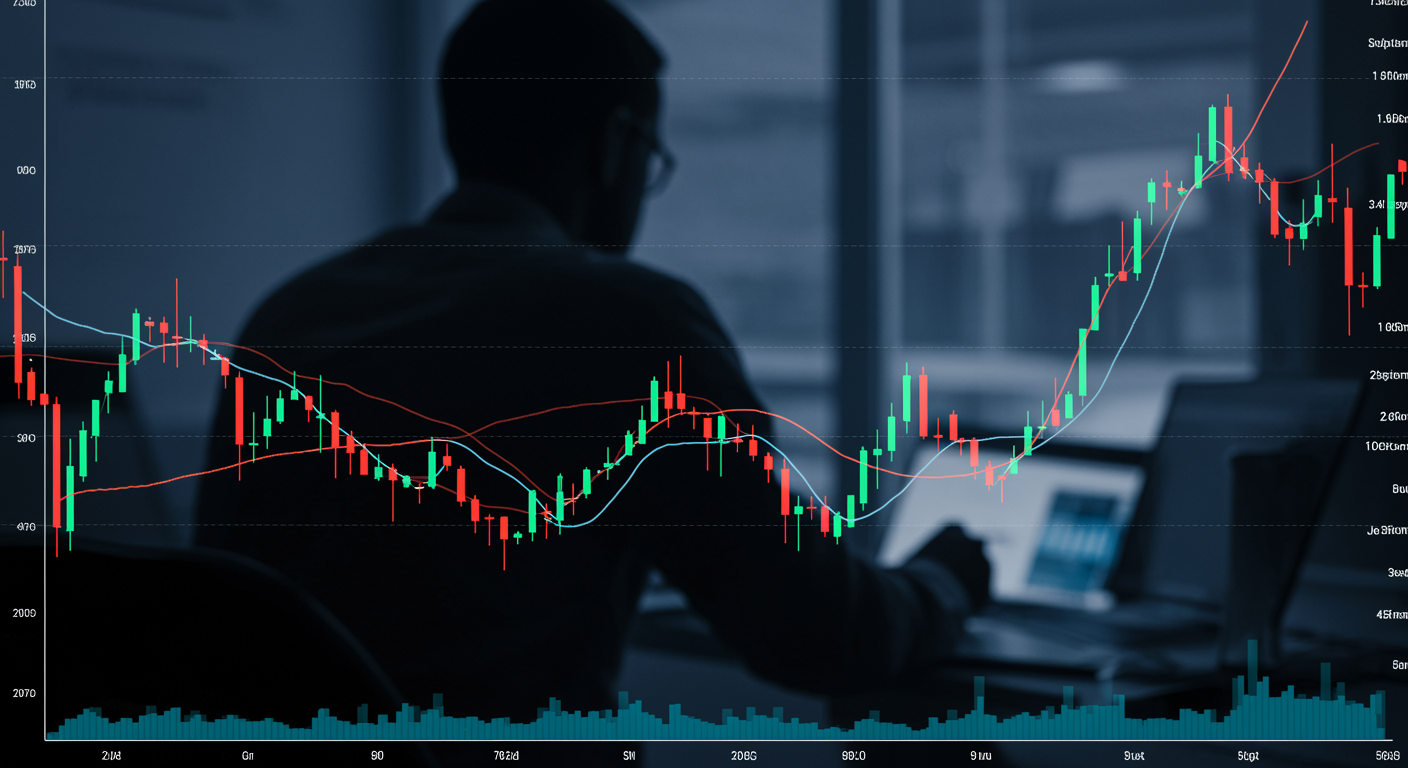
Madras High Court Recognizes Crypto as Property, Blocks WazirX’s XRP Redistribution Plan
The Madras High Court has ruled that cryptocurrency constitutes property capable of being held in trust, granting interim protection to a WazirX user whose XRP was frozen following the exchange’s 2024 hack.
Justice N. Anand Venkatesh, in an order dated Oct. 25, directed Zanmai Labs — WazirX’s India-based operator — to furnish a bank guarantee of approximately ₹9.56 lakh (around $11,500), equivalent to the petitioner’s frozen 3,532 XRP. The guarantee will remain in place pending arbitration.
“The cryptocurrency was held by her in India by means of the WazirX platform,” the court said. “Cryptocurrency is a property capable of being enjoyed and possessed, and capable of being held in trust.”
The petitioner, identified as Rhutikumari, challenged WazirX’s plan to reallocate her XRP under a “socialized loss” scheme linked to the Singapore-based restructuring of its parent company, Zettai Pte. Ltd.
WazirX — once India’s largest crypto exchange — halted withdrawals in July 2024 after a $230 million exploit targeting wallets managed by Singapore custodian Liminal. The exchange later sought court-supervised restructuring in Singapore, where users were promised “recovery tokens” and partial repayments tied to the firm’s relaunch.
That plan was approved by the Singapore High Court earlier this month, forming the foundation for WazirX’s comeback. However, the Madras High Court’s intervention introduces a new layer of complexity, suggesting that Indian users may continue to assert domestic property rights even when exchanges operate under foreign legal frameworks.
For thousands of Indian WazirX users still awaiting compensation from the 2024 breach, the Madras ruling represents a crucial precedent — affirming that digital assets remain the property of users, not the platforms that hold them.





